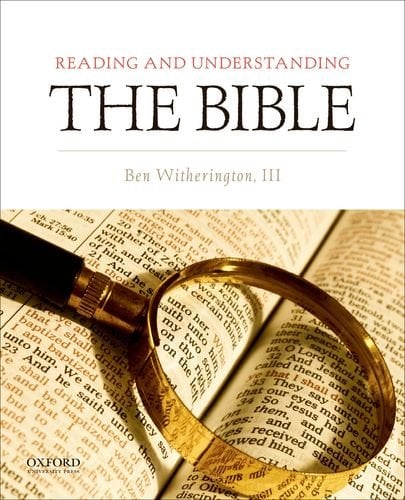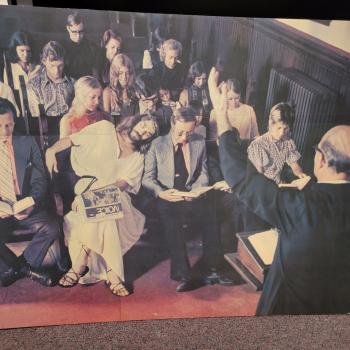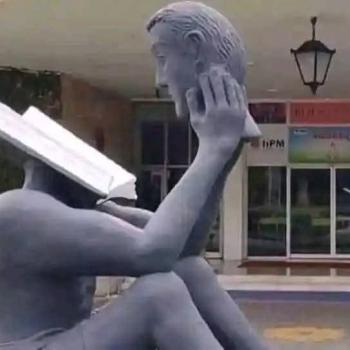The journey has been a long one for me. It’s taken reading several thousand books over the years. It really began back in high school when I read The Screwtape Letters by C.S. Lewis. That really stuck with me. So did Leslie Weatherhead’s little book on The Will of God. I remember a book on the Shroud of Turin which was fascinating too. Of course I also read all the Tolkien, and Lewis, and Williams, and Sayers volumes I could manage starting in high school and continuing through college. Somebody handed me Evidence that Demands a Verdict, probably at an Inter-Varsity meeting, and I went to hear Josh, it’s author. Reading is rather like the snow that keeps falling in my yard. It accumulates, it adds to what has come before, it piles up and becomes weighty. Eventually it changes things. Old paradigms collapse. New mental structures have to be erected, and it never stops. And by what criteria do you decide something is a ‘best book’? I don’t pay any attention to the category ‘bestseller’ because a lot of that stuff is popular for all the wrong reasons. Is it a best book because it made the biggest impression on you? But what if it didn’t make that kind of impression on many others? Is it a best book because its the best summary of some topic of importance whether well written or poorly written? You see my dilemma. This series of posts will simply be about the books that most shaped my thinking along the way, though of course some of them I later saw were less accurate or zingy than I first thought. This is what happens when you continue to learn.
My real education to be a teacher of the Bible began at Carolina, under the tutelage of Dr. Bernard Boyd of blessed memory. I took his OT and NT courses and his seminars. Heck, I took everything I could possibly take with him. He was the best lecturer, best Christian, best mentor ever. He was in the James A. Gray chair long before Bart Ehrman. Unfortunately, he died suddenly and prematurely in Charlotte while I was in Boston in seminary. The line at the funeral home was longer than for Dean Smith. That tells you something about that man’s impact. One estimate is that over 5,000 went into Christian ministry of some sort due to the impact of Dr. Boyd. I was one of them.
Some of the books I read early on in college which impacted me were as follows: 1) John Bright’s classic, that went through many editions starting in 1959 A History of Israel. In fact there were a variety of books by Bright, and G.E. Wright of Harvard and S.F. Albright. They made up the so-called Wright, Bright, and Albright school. Dr. Boyd was an archaeologist and so these folks were seminal to his work at Beersheba and elsewhere. 2) I began to read things recommended by Inter-Varsity as well, like for instance J.I. Packer’s classic Knowing God which first emerged in 1973 while I was at Carolina; 3) C.S.Lewis’ Mere Christianity closely followed by John Stott’s Basic Christianity. These were books talked about endlessly at Carolina by a variety of people. Thank goodness I had a good Bible pastor, Jim, who week after week was teaching the Word and giving guidance at the Chapel Hill Bible Church. He’s still at it! 4) I began to become interested in the works of G.Eldon Ladd, and the book that really got me thinking about the Kingdom of God was his classic The Presence of the Future. 5) I remember a huge concern about Biblical Authority in Campus Crusade for Christ, Navigators, and Inter-Varsity. We read Clark Pinnock’s A Defense of Biblical Infallibilty and it produced a host of discussion.
In the next post I will start talking about seminary books we read.

















